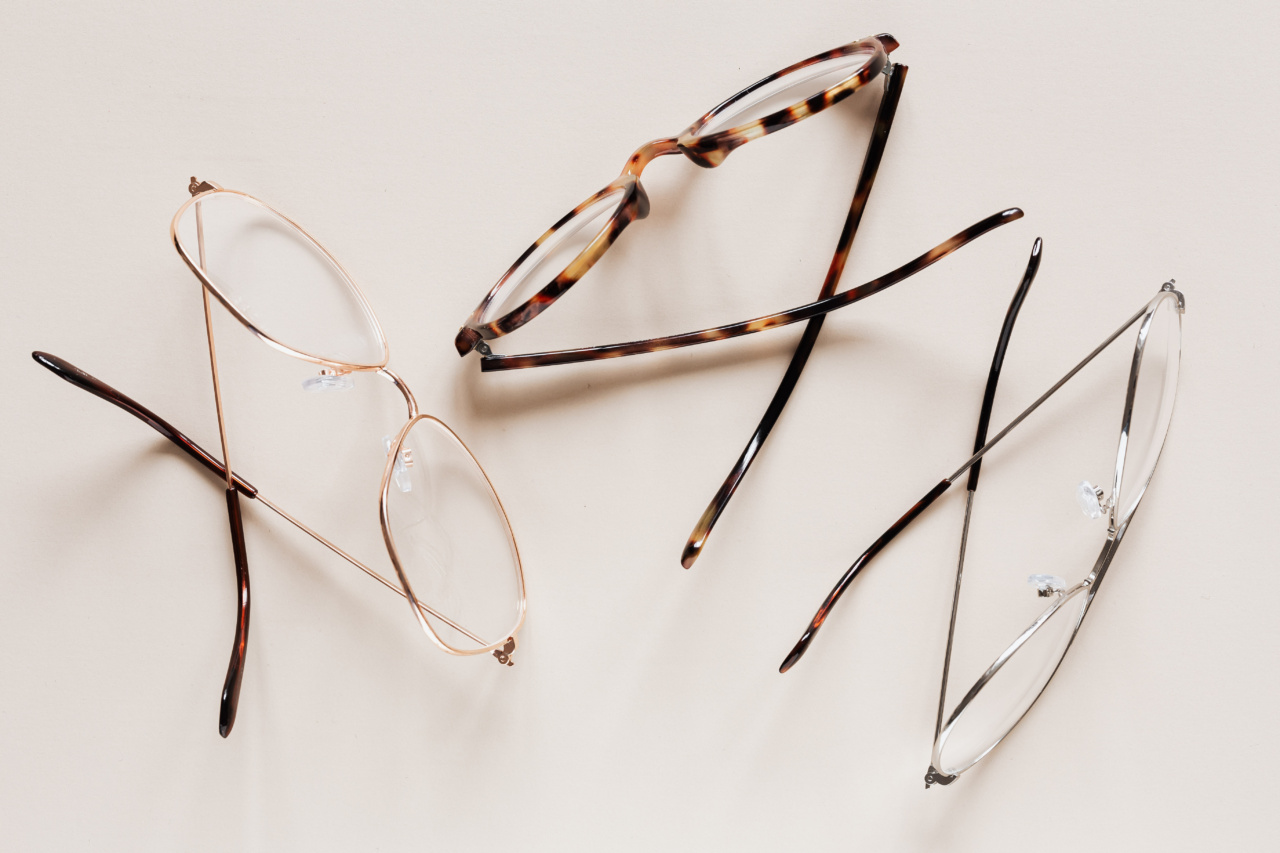Undergoing myopia surgery can significantly improve your vision and reduce your dependency on eyeglasses or contact lenses.
However, it is important to remember that even after surgery, you need to take proper care of your eyesight to prevent potential complications such as glaucoma. Glaucoma is a condition that damages the optic nerve and can lead to vision loss if left untreated. In this article, we will discuss some important tips on how to protect your eyesight after myopia surgery and avoid the development of glaucoma.
1. Regular Eye Exams
After myopia surgery, it is crucial to schedule regular eye exams with your ophthalmologist. These exams will help monitor the overall health of your eyes and detect any potential issues, including glaucoma, at an early stage.
Your ophthalmologist can perform various tests, such as tonometry, to measure the pressure inside your eyes and evaluate your risk of developing glaucoma.
2. Follow Medication Instructions
If your ophthalmologist prescribes any eye drops or medications to prevent or manage glaucoma, make sure to follow the instructions carefully. These medications are often designed to reduce intraocular pressure, which helps prevent optic nerve damage.
Skipping doses or not following the prescribed regimen may jeopardize the effectiveness of the medication and increase your risk of developing glaucoma.
3. Protect Your Eyes from UV Rays
Exposure to ultraviolet (UV) rays is a risk factor for several eye conditions, including glaucoma. After myopia surgery, it is crucial to protect your eyes from harmful UV rays by wearing sunglasses that provide proper UV protection.
Look for sunglasses that block both UVA and UVB rays, and consider wearing a wide-brimmed hat for additional protection when you are outdoors.
4. Control Your Eye Pressure
Monitoring and controlling the intraocular pressure (IOP) of your eyes is essential in preventing glaucoma. While myopia surgery itself does not cause glaucoma, it can impact the IOP.
Therefore, it is important to follow your ophthalmologist’s advice on managing your eye pressure. This may include avoiding activities or behaviors that increase eye pressure, such as heavy lifting or straining during bowel movements.
5. Maintain a Healthy Lifestyle
A healthy lifestyle can significantly contribute to the overall well-being of your eyes and help prevent eye conditions like glaucoma. Eat a balanced diet rich in fruits, vegetables, and omega-3 fatty acids, as these nutrients support eye health.
Additionally, regular exercise can improve blood circulation to the eyes and reduce the risk of developing glaucoma. Avoid smoking and excessive alcohol intake, as both can increase your risk of eye diseases.
6. Practice Good Hygiene
After myopia surgery, it is crucial to practice good hygiene to prevent eye infections that can lead to complications such as glaucoma. Always wash your hands before touching your eyes or applying any eye drops.
Avoid using expired or contaminated eye products, and follow proper contact lens care procedures if you wear contact lenses. These simple hygiene practices can go a long way in protecting your eyesight.
7. Limit Screen Time
Spending excessive time in front of screens, such as computers, smartphones, and tablets, can strain your eyes and potentially increase your risk of developing glaucoma. The phenomenon is known as digital eye strain or computer vision syndrome.
To protect your eyes, take regular breaks and practice the 20-20-20 rule: every 20 minutes, look at an object 20 feet away for at least 20 seconds. This reduces eye fatigue and strain caused by constant screen use.
8. Stay Hydrated
Proper hydration is important for overall health, including eye health. Drinking an adequate amount of water can help prevent dry eyes, reduce eye irritation, and promote proper tear production.
Dry eyes can lead to discomfort and may increase the risk of developing glaucoma. Make sure to drink enough water throughout the day to keep your eyes well-hydrated.
9. Know Your Family History
Genetics can play a role in the development of glaucoma. If you have a family history of glaucoma, it is crucial to share this information with your ophthalmologist.
They can monitor your eyes more closely, perform additional tests if necessary, and provide personalized recommendations to reduce your risk of developing glaucoma.
10. Keep Stress in Check
Prolonged stress can have negative impacts on your overall health, including your eyes. Chronic stress may increase intraocular pressure and potentially contribute to glaucoma.
Finding healthy ways to manage stress, such as practicing relaxation techniques or engaging in hobbies, can help protect your eyes and overall well-being. Make time for activities that bring you joy and help you unwind.































